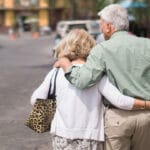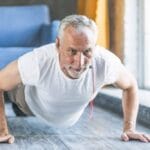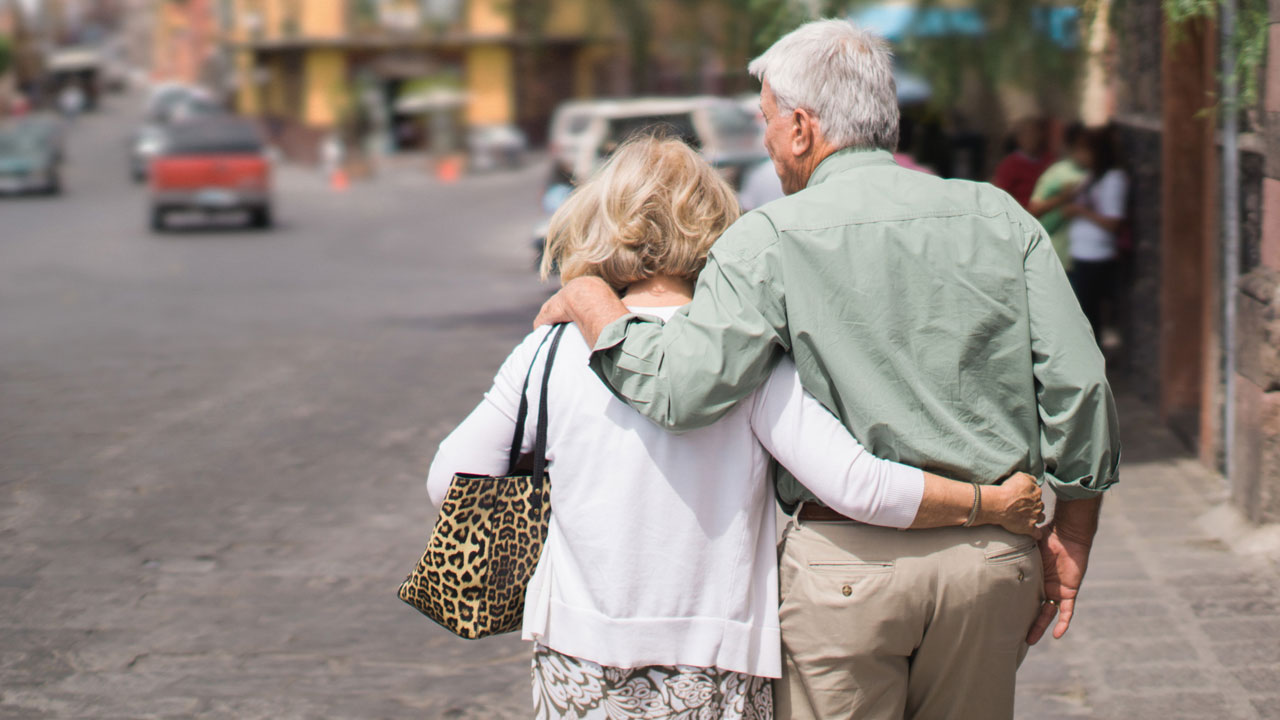From birth, our body represents the first means through which we know the world. Without a body, without sense organs, we would not have access to any knowledge either about ourselves or others.

The fundamental role of the body
Husserl showed us that man does not manifest his being only through the forms of thought, but also, simultaneously, through the ways of moving, seeing, perceiving, and doing.
How fundamental the body is to advance our knowledge of the world and guide our behaviors is evident in children. Children manipulate and observe, touch, and taste (for example, putting in their mouths) everything new and unknown, moved by an innate curiosity towards what they do not know.
Our knowledge and relationship with others pass first and foremost through our body.
The other is looked at, touched, and through the body we can get or stay in contact with the other. We can find numerous examples of how important the body is even in adulthood for connecting us with others. When we meet a new person, the first gesture, almost instinctive, is a handshake; when we talk to a person, if we want to express closeness or make our words more effective, we physically get closer to the other person or touch them.
Body image and subjective perception of the body
Our body is certainly not a machine and has no objectivity. The body is subjectively experienced and perceived. Psychology has dealt with the perception that everyone has of their own body through the concept of body image. The body image can be defined as “the image of our body that we form in the mind and that is how our body appears to us” (Schilder,1935). According to Slade (1994), body image is made up of various components:
- Perceptual, is given by the vision one has through the sense organs of one’s body (for example, how the person sees the shape of their body).
- Cognitive is what the person thinks about their body.
- Affective, feelings towards the body.
- Behavioral, the behaviors you implement about your body, such as nutrition and physical activity.
In other words, it is the way we mentally and perceptually represent our body to ourselves, and the way we think is perceived externally by others. Being composed of mental patterns that change about changes perceived in one’s body and outside of it, the body image is continuously updated by our brain. Through the processing of new information and its comparison with existing patterns, which are the result of the encounter between previous experience and the perception that others have of us.
External information and related affective states therefore play a fundamental role in body image and can have a big impact on us. We can therefore legitimately ask ourselves: how have the fear of disease and social distancing measures had an impact on how we experience our body and how we use it to relate to others?
How Covid-19 is changing the perception of the body and the relationship with the outside world.
The most alarming and insidious aspect of COVID-19 is that its transmission occurs through both our own and other people’s bodies, which therefore becomes a potential danger. This therefore leads us to identify the body as a vector of danger and associate it with meanings of illness and death.
The surface of our body, which conveys relationships with the world and affection towards others, therefore becomes a place of danger and contagion, dangerously perverting the meanings that can be attributed to it. The body is no longer a place of vitality (affection and relational meanings, knowledge and curiosity), but a vehicle of potential disease. Think about our hands. The hands and the surface of our body represent the first channel of knowledge and exploration of the world but today all this is not possible. This tool of contact with the world is denied and indeed associated with an image of contamination (hands must always be sanitized and contact must be avoided in any way).
The pandemic condition therefore forces us to do something that represents a going against our nature, which is a relational nature.
What is making us suffer most from the spread of COVID-19 is being forced into a ‘ depressive’ immobility of our lives emptied of commitments, the ‘inhuman’ effort of staying in contact with others, but without using the body.
We can observe how the body is increasingly associated with the meanings of illness and contamination in our daily lives. We live on small rituals of sanitization and continuous monitoring of vital parameters (temperature detection). Although these represent our only weapon of protection against the spread of the virus, they are taking precedence over the other meanings discussed previously. We are obsessively projected to control our bodies, but we cannot use them to embrace, touch, and experience our relationship with the outside world. On the street, people can be observed avoiding or changing direction at the sight of other people on the same sidewalk, when safety distances are also respected. Not to mention how it can come as a surprise to see scenes from films or television programs where such distances are not maintained, as if the thought implicitly arises that by getting close to the other person you are doing something wrong and dangerous.
How to live the body in the time of Covid-19?
Faced with this emptying of meanings about the body, how can we behave?
- Seek real attunement to your body. What does our body tell us? Let’s not just focus on checking vital parameters (avoid repeated temperature measurements), but let’s try to listen to our body and what it tells us: am I tense and contracted because I am angry or agitated? I will then try to respond to the need that my body communicates to me by doing a relaxing activity;
- Carve out moments to dedicate to the well-being of your body, such as physical activity at home or a walk. The forced immobility caused by smart working can make your body feel heavy and sore. Reactivating it with a short walk will have beneficial effects on both your mood and the perception of your body;
- Seek alternative channels to maintain contact with each other, even if not of a physical nature. From this point of view, the internet and digital platforms represent a great ally as they allow us to satisfy relational needs that would otherwise be denied. A video call certainly does not correspond to a hug, but the internet can become that place of relationship with others, as long as the meeting and the body are modalities denied by social distancing due to COVID-19.
In short, we need to encourage all those behaviors that are useful to remind us that the body and others are neither sick nor dangerous, but a place of life, relationships, and affection




